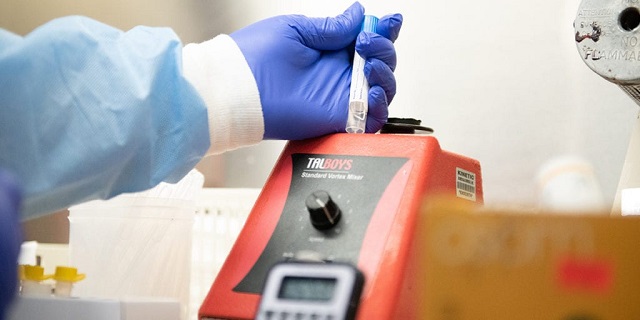How to Identify Early Signs of Stroke

June 15, 2021
Here are the signs and symptoms that neurologist Srinivas Pavuluri, M.D., of Bayshore Medical Center, says to watch out for:
Moderate to severe numbness or weakness on one side
Sudden speech impairment, like slurring or trouble with word retrieval
Sudden vision impairment, like blurry vision or seeing double
“Pay attention if someone suddenly complains they can’t see, if they develop double vision or if they suddenly complain of numbness, especially if it’s on one whole side,” says Dr. Pavuluri. “If they have an existing neck or back problem, weakness or numbness might not be worrisome. But if it happens suddenly, even if it’s just weakness, it may be a problem.”
Time is one of the most important factors, because it can greatly impact the treatment that’s available. When patients act within four and half hours of stroke symptom onset, they are likely candidates for an IV injection of recombinant tissue plasminogen activator, or tPA, a clot-busting drug that can greatly improve recovery.
Other interventions like plaque removal are available, but tPA is one of the most simple, effective treatments.
“With tPA, time is of the essence. Every minute counts,” Dr. Pavuluri says. “Even though it’s a four and half hour window, if you administer it earlier, there are fewer complications. If you administer it later, there’s more risk of causing bleeding. The sooner the better.”
The material provided through Healthier You is intended to be used as general information only and should not replace the advice of your physician. Always consult your physician for individual care.







